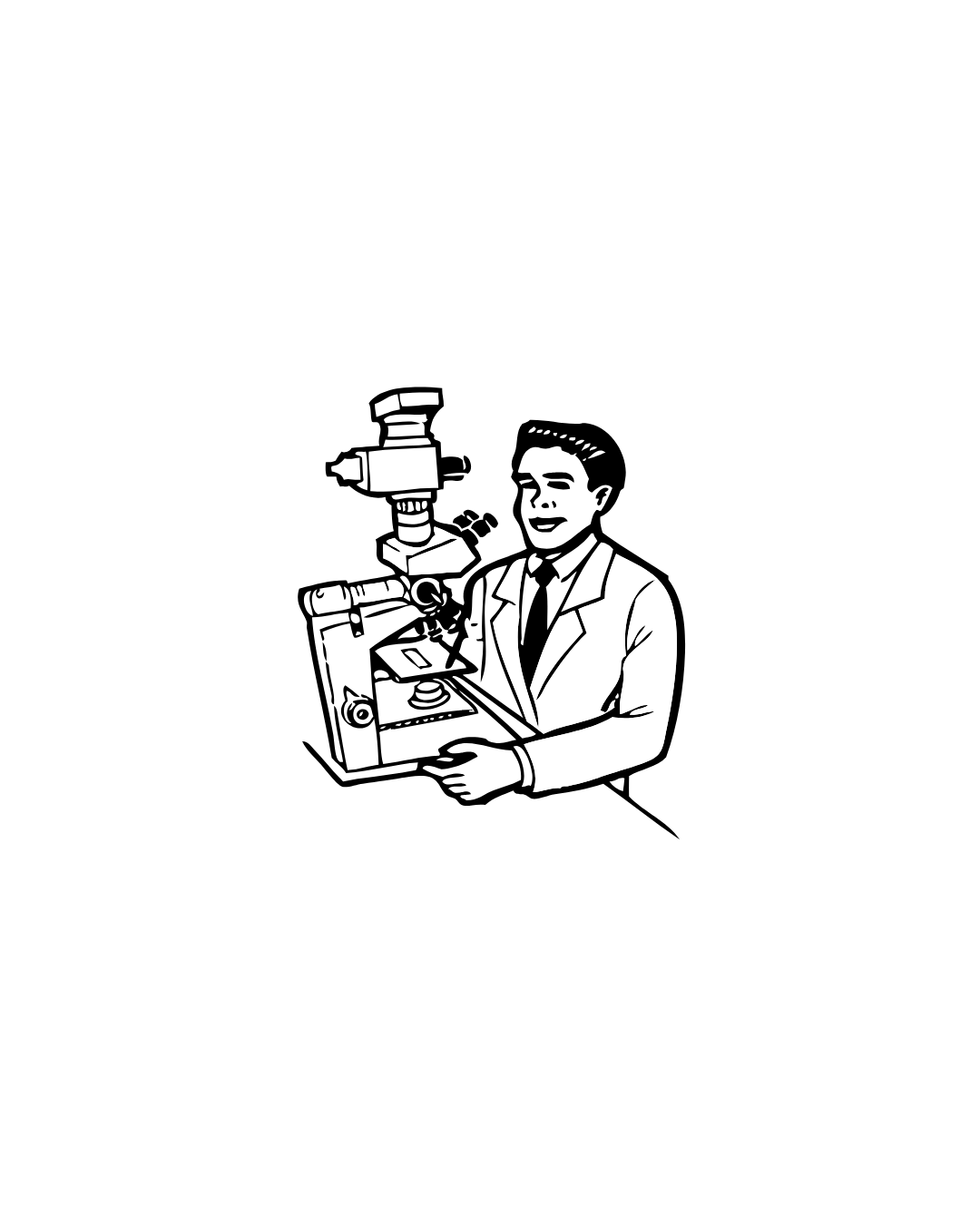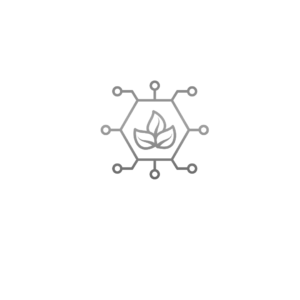Description
Overview of Bachelor of Vocation (B.Voc) in Medical Laboratory Technician
The Bachelor of Vocation (B.Voc) in Medical Laboratory Technician is a specialized program designed to prepare students for careers in medical laboratories, where they perform diagnostic tests that play a crucial role in patient care. This program focuses on equipping students with the knowledge and practical skills needed to conduct laboratory tests, analyze samples, and ensure the quality and safety of laboratory procedures. Graduates will be prepared to work in hospitals, diagnostic centers, pharmaceutical companies, and research institutions.
Core Areas of Study in B.Voc in Medical Laboratory Technician
Laboratory Techniques and Procedures
Learning various laboratory techniques, including specimen collection, preparation, and analysis of biological samples such as blood, urine, and tissues.
Clinical Microbiology
Understanding the identification and analysis of microorganisms that cause diseases and learning how to perform cultures and sensitivity tests.
Hematology
Studying blood components, conducting blood counts, and understanding conditions such as anemia, leukemia, and clotting disorders.
Biochemistry
Gaining knowledge in the chemistry of biological processes, focusing on metabolic pathways and the biochemical analysis of bodily fluids for diagnostic purposes.
Immunology
Learning about the immune system, including antibody-antigen interactions, serological tests, and the diagnosis of immune-related conditions.
Molecular Biology and Genetics
Exploring techniques in molecular biology, including PCR (Polymerase Chain Reaction) and genetic testing, to diagnose genetic disorders and infectious diseases.
Quality Assurance in Laboratory Practice
Understanding quality control and assurance processes necessary for accurate laboratory testing, including compliance with regulatory standards.
Laboratory Management and Safety
Developing skills in laboratory management, including proper handling of hazardous materials, waste disposal, and maintaining a safe work environment.
Curriculum Structure
A typical Bachelor of Vocation in Medical Laboratory Technician program may include:
Core Courses: Subjects covering laboratory techniques, microbiology, hematology, biochemistry, and quality control practices.
Hands-On Laboratory Training: Practical sessions to develop proficiency in laboratory techniques and the use of laboratory equipment and technology.
Clinical Practicum: Internship opportunities within hospitals or diagnostic laboratories, allowing students to gain real-world experience in medical laboratory settings.
Admission Requirements
Admission to the B.Voc in Medical Laboratory Technician program typically requires:
A high school diploma (or equivalent), ideally with a focus on science subjects such as biology and chemistry.
Some institutions may require an entrance exam or an interview to assess the candidate?s suitability for the program.
Skills Developed in the B.Voc in Medical Laboratory Technician Program
Graduates of the Bachelor of Vocation in Medical Laboratory Technician will acquire essential skills, including:
Technical Proficiency: Ability to perform various laboratory tests accurately and efficiently, using advanced laboratory equipment.
Attention to Detail: Strong focus on precision and accuracy in test results, critical for patient diagnosis and treatment.
Analytical Skills: Competence in interpreting laboratory results and understanding their implications for patient care.
Laboratory Safety Practices: Knowledge of safety protocols and procedures to maintain a safe laboratory environment.
Communication Skills: Effective communication abilities for reporting test results to healthcare professionals and collaborating with clinical teams.
Career Opportunities
Upon completion of the B.Voc in Medical Laboratory Technician program, graduates can pursue various career paths, including:
Medical Laboratory Technician
Performing diagnostic tests in clinical laboratories, including blood tests, urinalysis, and microbiological cultures.
Clinical Laboratory Technologist
Working in laboratories to oversee laboratory testing procedures and ensure quality control.
Hematology Technician
Specializing in blood analysis and assisting in the diagnosis of blood-related diseases.
Microbiologist
Engaging in the study and analysis of microorganisms and contributing to the diagnosis of infections.
Biochemist
Conducting biochemical analyses of bodily fluids to support patient diagnosis and treatment decisions.
Conclusion
The Bachelor of Vocation in Medical Laboratory Technician provides essential training for students aspiring to have a career in the dynamic field of medical testing and diagnostics. With a strong emphasis on hands-on skills, attention to detail, and compliance with safety standards, graduates are equipped to play a vital role in healthcare delivery and patient care. If you have any further questions about the B.Voc in Medical Laboratory Technician or related topics, feel free to ask!









